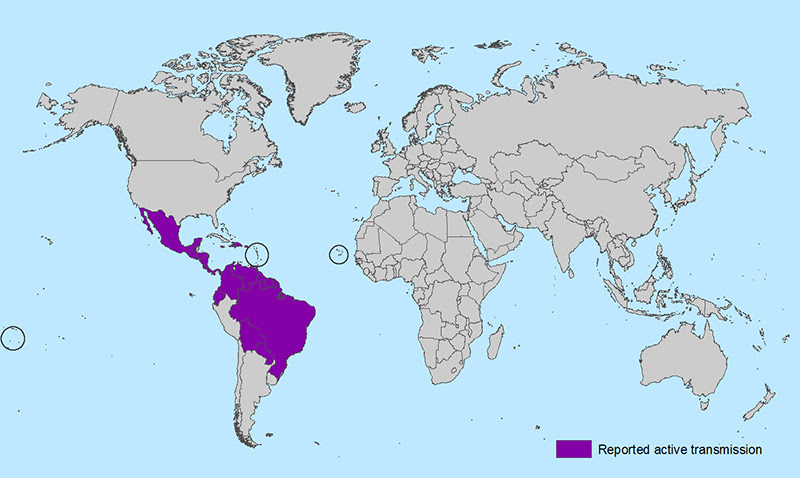
 |
| PHOTO OF THE WEEK |
| The rise of antibiotic resistance is one of the greatest challenges for global health. View full-sized photo |
| Spotlighted Topic of the Week: Antibiotic Resistance |
| CDC Zika Updates |
| In the News |
| On the Calendar |
| Sign Up for This Newsletter |
Spotlighted Topic of the Week: Antibiotic Resistance
| Blog of the Week | ||
| ||

| Infographic of the Week | ||
| ||

| Video of the Week | ||
| ||

| Story of the Week | ||
| ||

More resources on the CDC Zika website »
On January 22, 2016, CDC activated itsEmergency Operations Center (EOC) to respond to outbreaks of Zika occurring in the Americas and increased reports of birth defects and Guillain-Barré syndrome in areas affected by Zika. On February 1, 2016, the World Health Organization declared a Public Health Emergency of International Concern (PHEIC) because of clusters of microcephaly and other neurological disorders in some areas affected by Zika. On February 8, 2016, CDC elevated its EOC activation to a Level 1, the highest level.
CDC is working with international public health partners and with state and local health departments to
- Alert healthcare providers and the public about Zika.
- Post travel notices and other travel-related guidance.
- Provide state health laboratories with diagnostic tests.
- Detect and report cases, which will help prevent further spread.
In the News
This Mosquito Likes Us Too Much For Our Own Good
NPRFebruary 10, 2016
NPRFebruary 10, 2016
Zika Virus Outbreak Prompts CDC to Activate Highest Emergency Ops Level
ABC NewsFebruary 8, 2016
ABC NewsFebruary 8, 2016
CDC Sees Major Challenges Ahead In The Fight Against Zika
NPRFebruary 3, 2016
NPRFebruary 3, 2016
On the Calendar
February 20: World Day of Social Justice
February 29: Rare Disease Day
February 29- March 6: World Salt Awareness Week
March 3: World Birth Defects Day
March 8: International Women's Day
March 24: World TB Day






















.jpg)












No hay comentarios:
Publicar un comentario